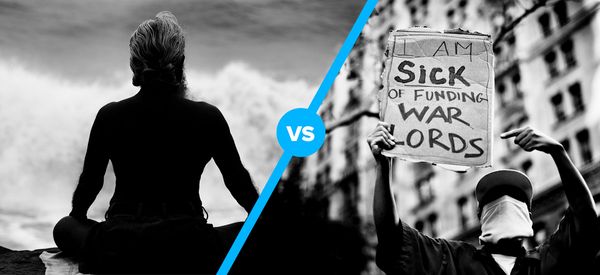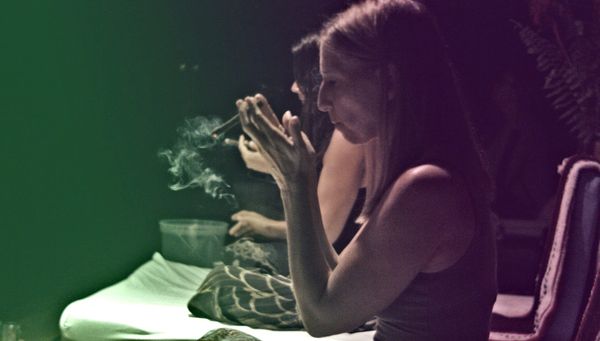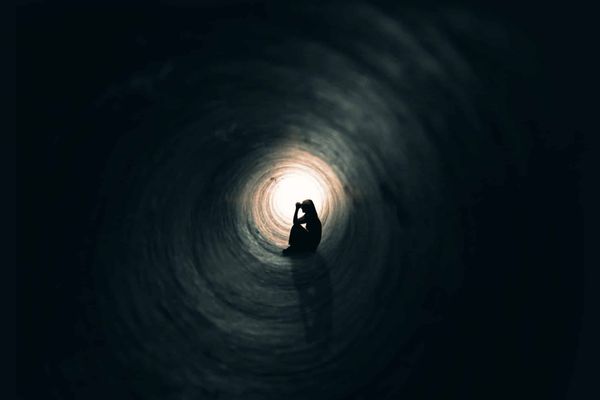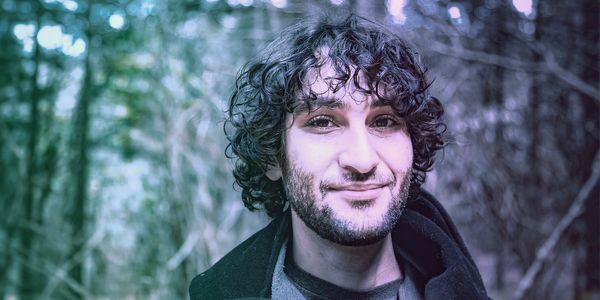Jordan Lejuwaan • • 2 min read
Food For Thought from Eisenstein: Doing VS “Non-Doing”

This is the first mini-article of an extended series that dives into short but powerful insights from Charles Eisensteins’ latest book, ‘The More Beautiful World Our Hearts Know Is Possible’. In this book Charles explains how the reining story/belief system our of global society is one of Separation, and the steps we must take to rewrite that story to a one of Interbeing and Connectedness.
—
For this first tidbit we’ll be talking about changing the world and the balance between inner-work and outward activism.
A young monk has decided to spend his days meditating in the high Himalayas, far away from civilization. As the saying goes, he seeks to be the change he wishes to see in the world. Is he helping the world as a whole?
Think about your answer for a minute before reading onward.
…
The Do-ers Response
“Get off your meditation cushion and do something! There is suffering all around you. You have hands, a brain, resources. Do something about the suffering!”
If the house were burning down, would you just sit there and meditate, visualizing cool waterfalls to put out the fire through the power of manifestation? Well, the figurative house is burning down around us right now. The deserts are spreading, the coral reefs are dying, and the last of the indigenous are being wiped out. And there you are in the midst of it all, contemplating the cosmic sound OM. In this view, spirituality is a kind of escapism.
The Spiritual Seeker’s Response
“Without deep work on yourself, how will you avoid re-creating your own internalized oppression in all that you do?”
So often we see the same abuses of power, the same organizational dysfunctions among social change activists as we do in the institutions they seek to change. If these activists were to emerge victorious, why would we expect the society they create to be any different? Unless we have done transformational work on ourselves, we will remain products of the very civilization we seek to transform.
As with most questions, the answer seems to be a balance.
A Real World Example
I recently met a seasoned animal activist who spoke of this issue in a campaign to end African elephant poaching. She had spent months raising funds and awareness around the decreasing elephant populations. She managed to convince governments to raise the fines for elephant poaching and even to erect higher walls around their protected habitats.
So what happened?
Populations began to stabilize…but the poachers simply shifted their efforts towards hunting endangered rhinos instead.
Action without a holistic understand of a problem can be futile, or even detrimental.
So what shall we do?
I think we should strive to heal ourselves before we take on the burden healing the world.
..but I invite you to voice your thoughts in our first official article discussion :)
Join the DiscussionOriginal photos by Nadir Hashmi and Zoriah










